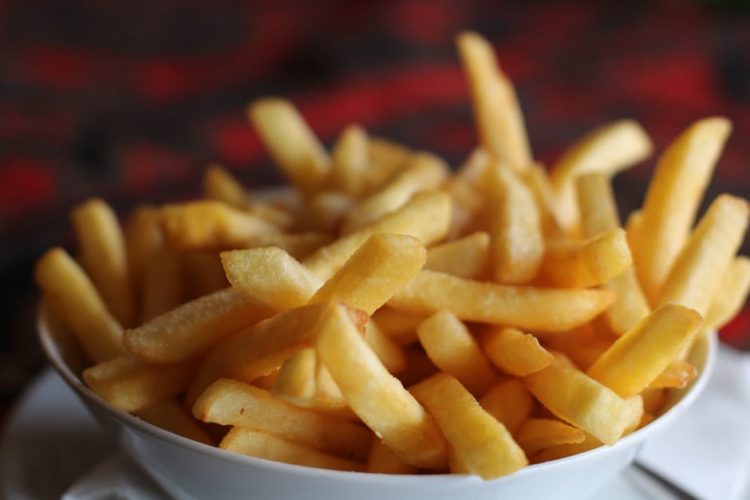Why Unsaturated Fats, Not Cholesterol cause Heart Attacks and Cancer by Dr. Wilfred E. Shute

In Dr. Fred Kumerow’s study all his animals on a diet containing heated corn oil developed tumors, and only 1 of 96 survived the 40 month experimental period.
The following is an exerpt from Chapter 8 – Heart Attacks: Causes, Survival and Prevention – of Dr. Wilfrid E. Shute’s Vitamin E Book, published in 1975.
Does Dietary Cholesterol Cause Heart Attacks?
… It may be worthwhile to point out that numerous experts have disagreed with the proponents of this idea ever since it was put forward – but with very little effect.
As early as 1960 Dr. Howard Sprague, a former president of the American Heart Association, told the annual meeting of the Canadian Heart Association to ignore the cholesterol fad. He reminded his audience that cholesterol is synthesized in every body tissue except the brain. In 1962, Dr. Phillip L. White, Secretary of the American Medical Association’s Council on Foods, released to the United Press International an official warning which was printed in nearly every newspaper on the North American continent. This was a statement calling the “anticholesterol fad” a wasted effort that could be dangerous.
In The Lancet for 11 September 1965, the Research Committee announced that there was no significant reduction in mortality rate following the use of a low-fat diet in proven coronary artery disease. An in 1970 Drs. Shanoff, Little and Csima stated in the Canadian Medical Association Journal that neither the level of serum cholesterol nor that of the lipoprotein fractions (substances containing fats and proteins) is related to survival. (Anyone who is interested in further information on this should read the comments of Dr. Meyer Texon of New York in the 31 May 1971 issue of the Journal of the American Medical Association.)
Another useful article on the cholesterol controversy is one by Dr. E.R. Pinkney in Medical Counterpoint (1971). A condensation of this appears in an issue of The Summary and also in Appendix C of this book.
In the condensation there is the comment that although serum cholesterol level “has become the principal indicator of the health of one’s heart and blood vessels to both public and… medical profession,” we still do not know from “good” clinical evidence that a diet-lowered serum cholesterol in any way prevents of modifies heart attacks or heart disease.”
It also points out that serum cholesterol is hard to measure because any stress, even a small one, can alter it. There is also the statement that serum cholesterol level only drops 3 for each 100mg removed from the diet and that it has not been shown that as a result of reduction of serum cholesterol levels the cholesterol actually leaves the body!
And let me quote here some other paragraphs from the same condensation that I think are particularly interesting:
- Heating an unsaturated oil (especially corn oil) to 200° for 15 minutes (far less than normal cooking temperatures and time) actually enhances atherosclerosis in animals.
- In Kumerow’s study all his animals on a diet containing heated corn oil developed tumors, and only one of 96 survived the 40 month experimental period. None of the animals fed only fresh corn oil developed tumors; all survived.
- Men on a high P.U.F.A (polyunsaturated fatty acids) diet showed a 65 percent greater incidence of cancer than controls on a standard diet. The Journal of American Medical Association reporting this finding also noted that those on the high P.U.F.A. diet also had 70 fatal atherosclerotic accidents as compared to only 48 such deaths in the controls; a similar ratio was found for myocardial and cerebral infarcts.
Polyunsaturates may be a primary source of the radicals inside the cell that cause aging.
Conclusions
This and other research suggests that it’s not saturated fat and cholesterol that cause cancer and heart disease, but rather the highly unsaturated fats like corn oil, soy oil, and all other vegetable oils except olive oil and tropical oils like coconut oil. Saturated fats are protective and unsaturated fats are easily oxidized and act in the body like free radicals.
The practical implications of this tell us that we should cook our food only with butter and coconut oil and eliminate the unsaturated fats from the diet as much as possible.
